In recent years, the ownership of exotic cats, such as servals, caracals, and even larger wild cats like tigers and lions, has become increasingly popular. This trend is fueled by social media influencers and celebrities showcasing their exotic pets online, sparking a fascination among many to own these majestic creatures.
The Appeal of Exotic Cats
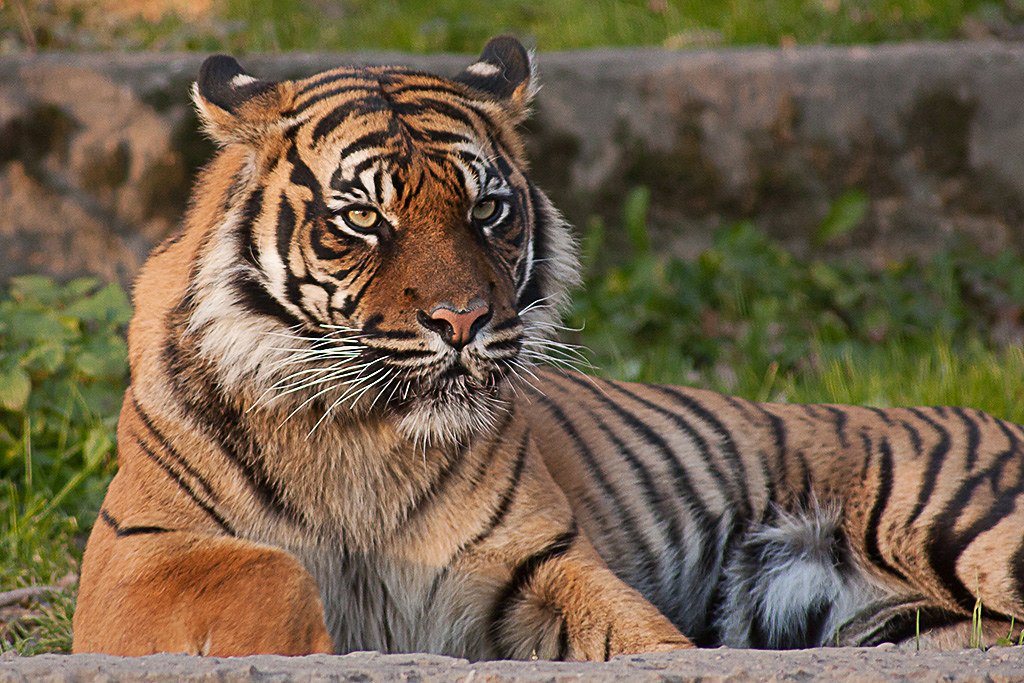
Exotic cats possess an undeniable allure with their striking features, unique behaviors, and rarity. Many people are drawn to these animals believing they offer a sense of prestige and distinction. However, along with their intriguing appeal, exotic cats present complex challenges that potential owners may not fully anticipate.
Biological and Behavioral Considerations
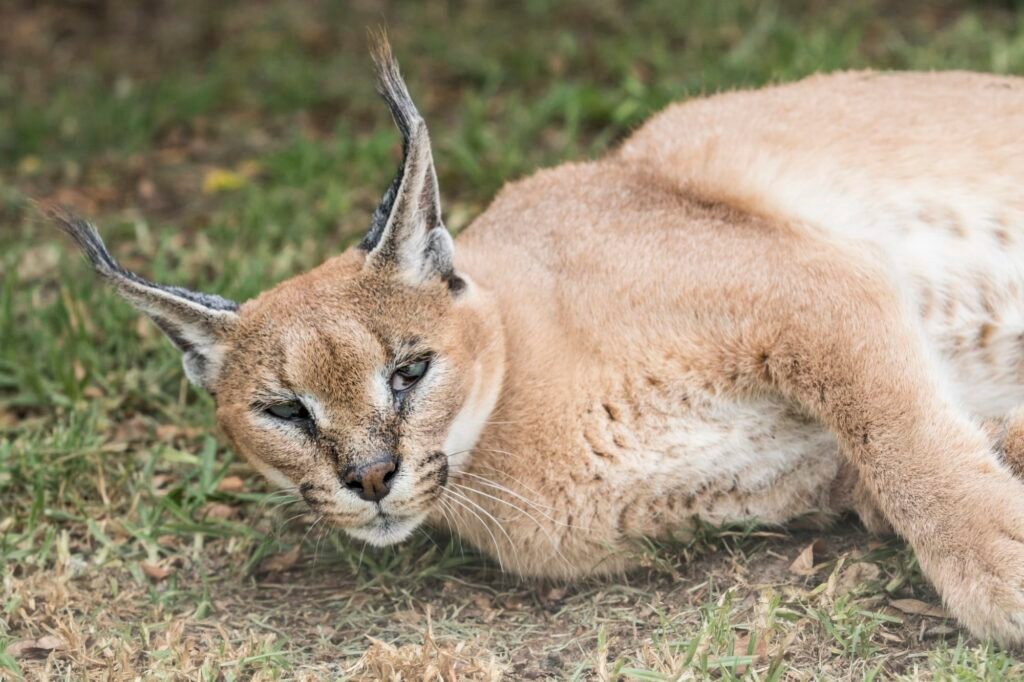
Wild cats have specific biological and behavioral needs that are difficult to meet in a domestic setting. They require large territories for physical activity, a diet closely resembling their natural prey, and enrichment to stimulate their natural behaviors. Domestic environments often fall short, leading to stress and behavioral issues in these animals.
Ethical Implications
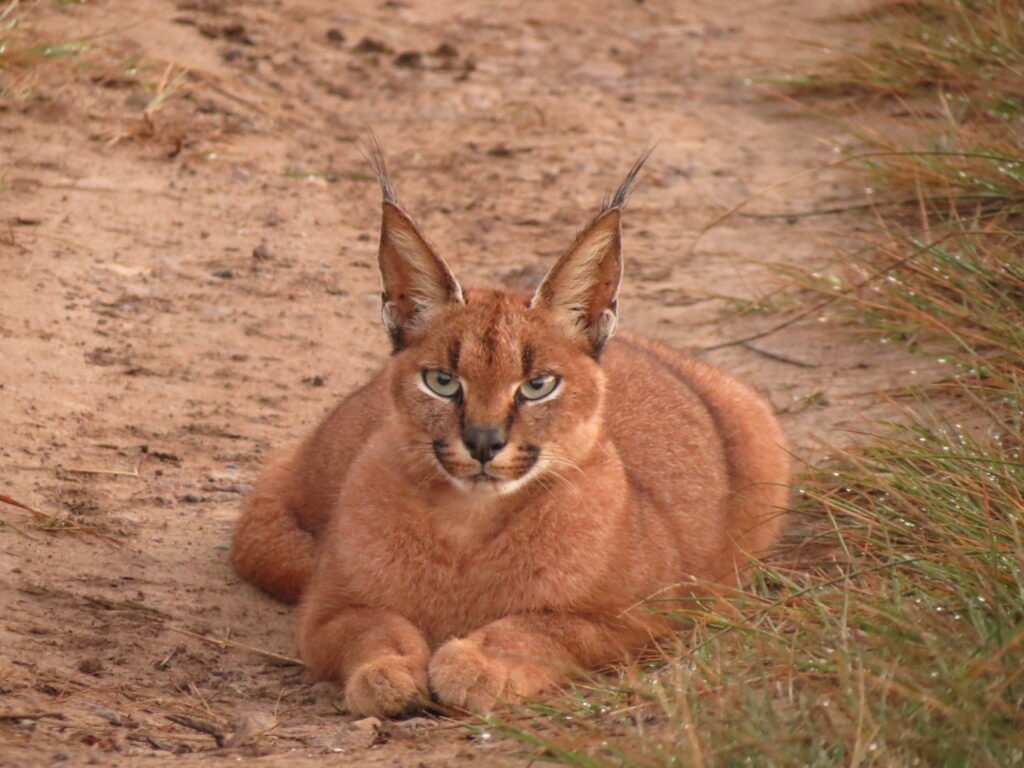
The ethical concerns surrounding exotic cat ownership cannot be overlooked. Captivity can lead to compromised welfare, diminishing the essence of what it means to be wild. Additionally, breeding programs designed to meet demand contribute to the cycle of exploitation and captivity, raising moral questions about humanity’s role in preserving wildlife.
Public Safety Concerns
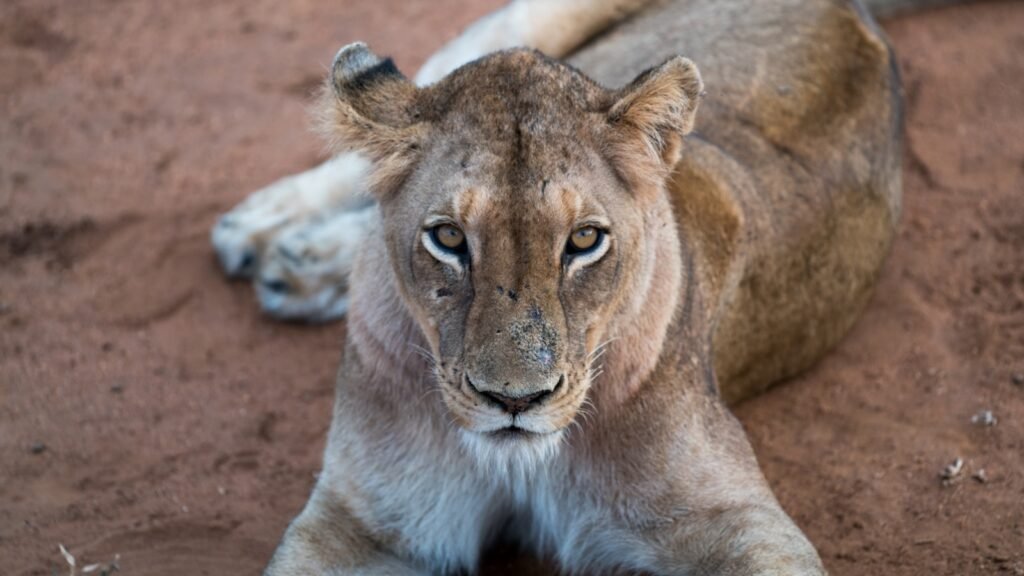
A significant concern with exotic cat ownership is public safety. Wild cats, regardless of domestication or taming attempts, retain their predatory instincts. There are numerous accounts of exotic cats causing injury and even death to their owners or other people. The unpredictability of these animals poses a potential threat that must be addressed.
Environmental Impact
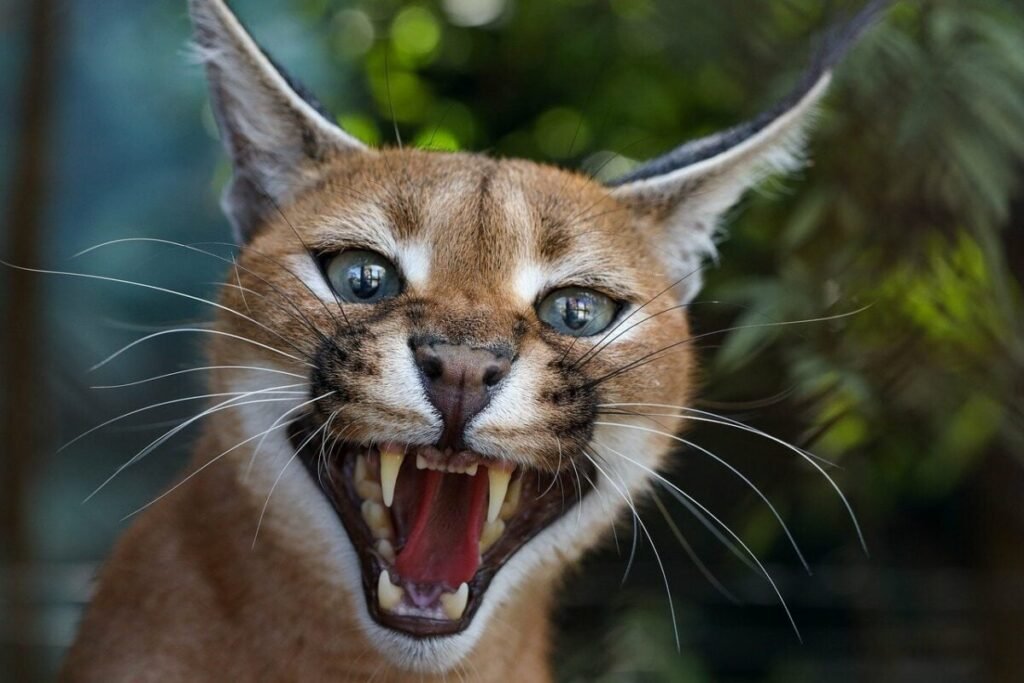
The impact of exotic pet ownership extends to environmental considerations. Captive breeding and illegal wildlife trade contribute to the decline of wild populations. Furthermore, escaped or released exotic cats can become invasive, threatening local ecosystems and native species.
Legal Landscape Around the World
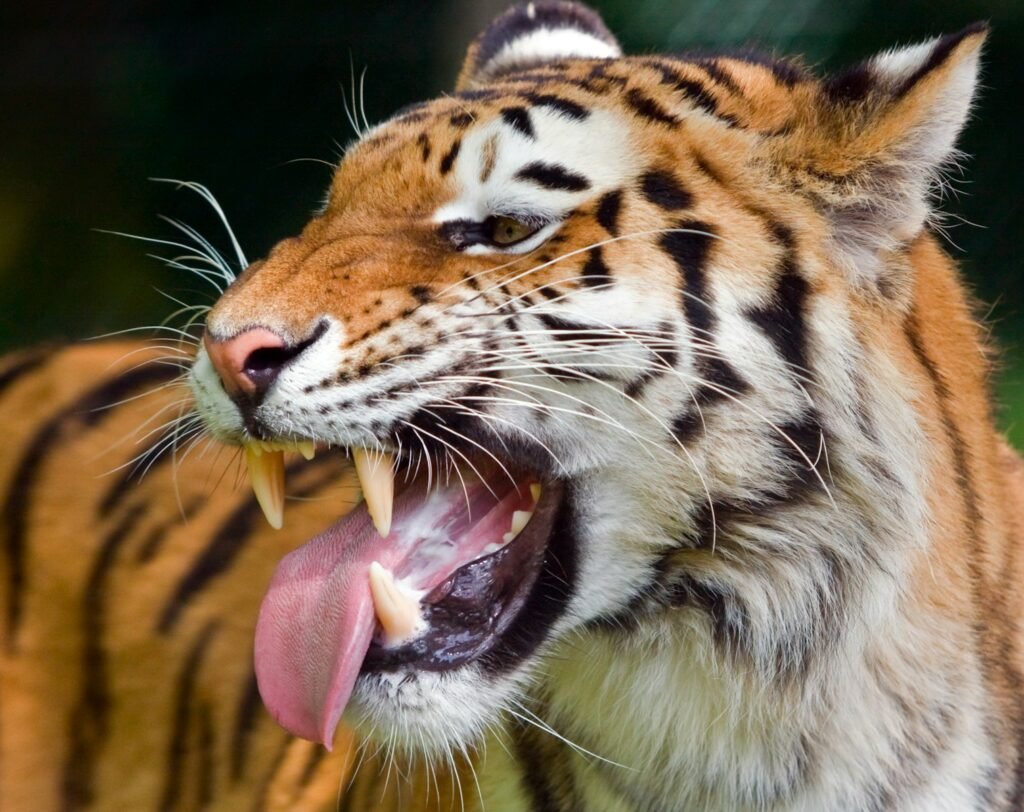
The legal framework for owning exotic cats varies greatly by country. Some nations impose strict regulations or outright bans, recognizing the risks involved, while others have more lenient laws. The disparity in regulations often leads to inconsistent enforcement and a thriving black market for exotic animals.
Conservation Considerations
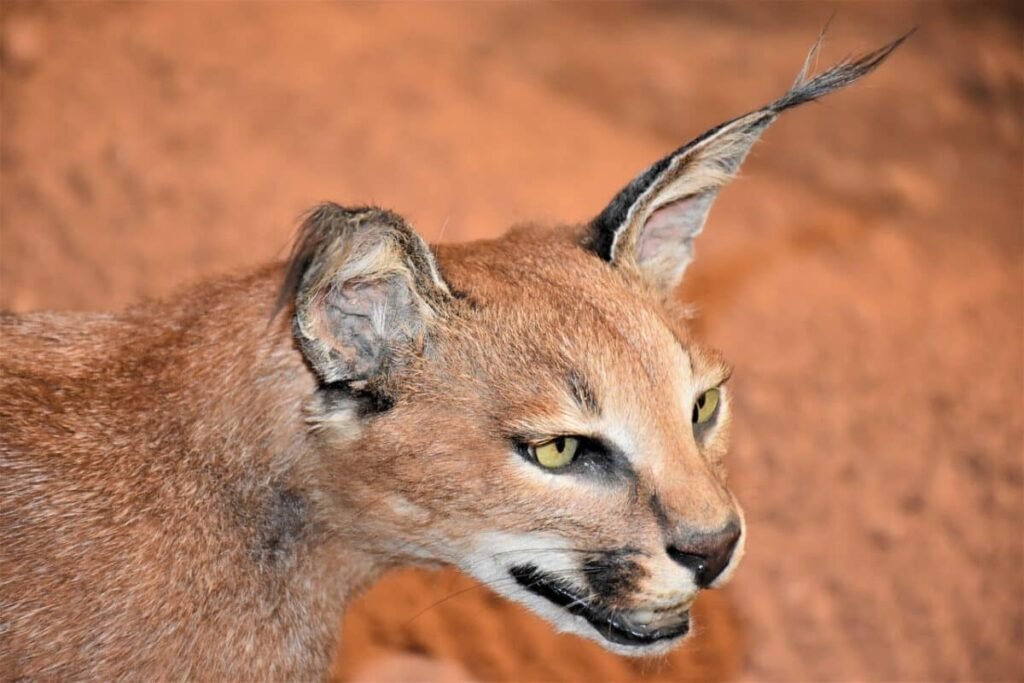
Conservationists argue that efforts should focus on preserving these species in their natural habitats rather than in captivity. Resources invested in captive breeding programs for pet trade could be redirected toward habitat protection and restoration, offering a more sustainable approach to preserving endangered species.
The Role of Education and Awareness
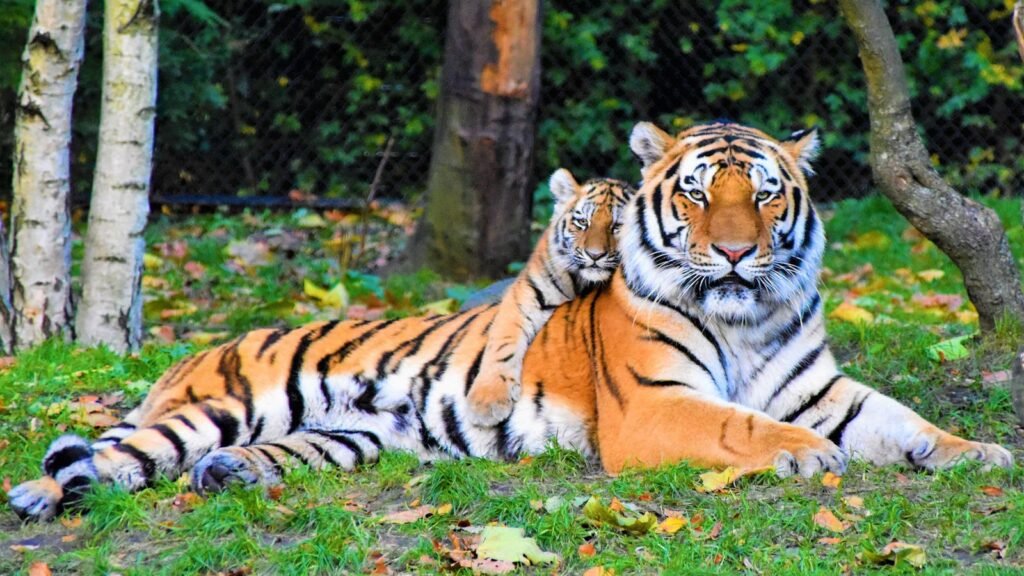
Increasing public awareness about the realities and challenges of exotic cat ownership can cultivate a shift in perception. Educating potential owners about the true needs and behaviors of these wild creatures may deter impulsive purchases and encourage support for conservation efforts instead.
Possible Global Solutions
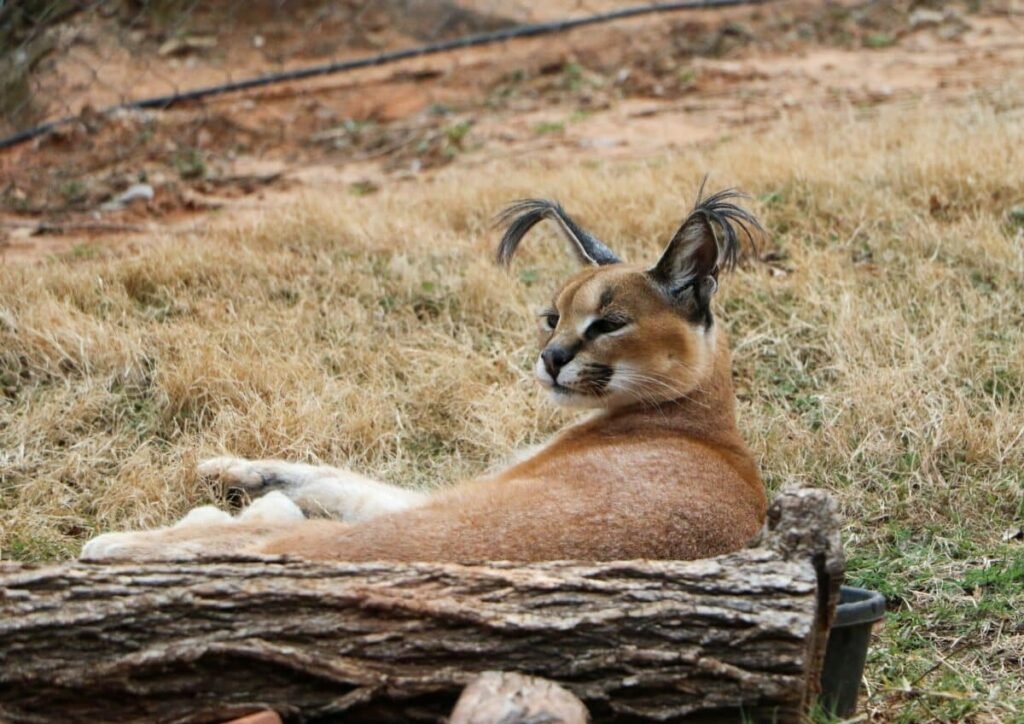
Addressing the issue of exotic cat ownership on a global scale requires a multifaceted approach. Establishing universal regulations, fostering international cooperation, and prioritizing conservation education can collectively aid in mitigating the negative impacts of exotic cat ownership. Advocacy and policy change are crucial components in finding sustainable solutions to this complex issue.
The Need for a Global Ban
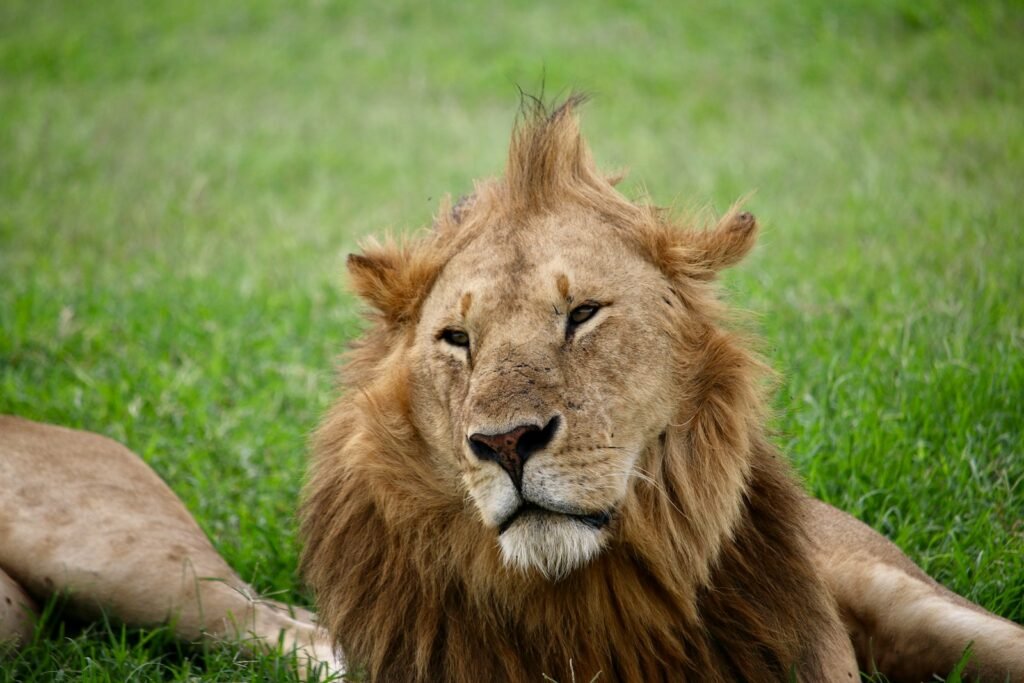
Given the ethical, environmental, and safety concerns, advocating for a global ban on exotic cat ownership is a compelling argument. Such a ban could safeguard both animal welfare and human safety while promoting the conservation of wild cat populations in their natural habitats. Achieving this goal would require concerted efforts and collaboration across borders, reflecting a global commitment to wildlife preservation.

Growing up traveling and experiencing new cultures and wonders, I have had a passion for nature, adventuring, photography, and videography. I am currently working towards a BSc in Biodiversity and Ecology at Stellenbosch University, and I hope to specialise in Marine Sciences one day.
Please send any feedback to Feedback@animalsaroundtheglobe.com






